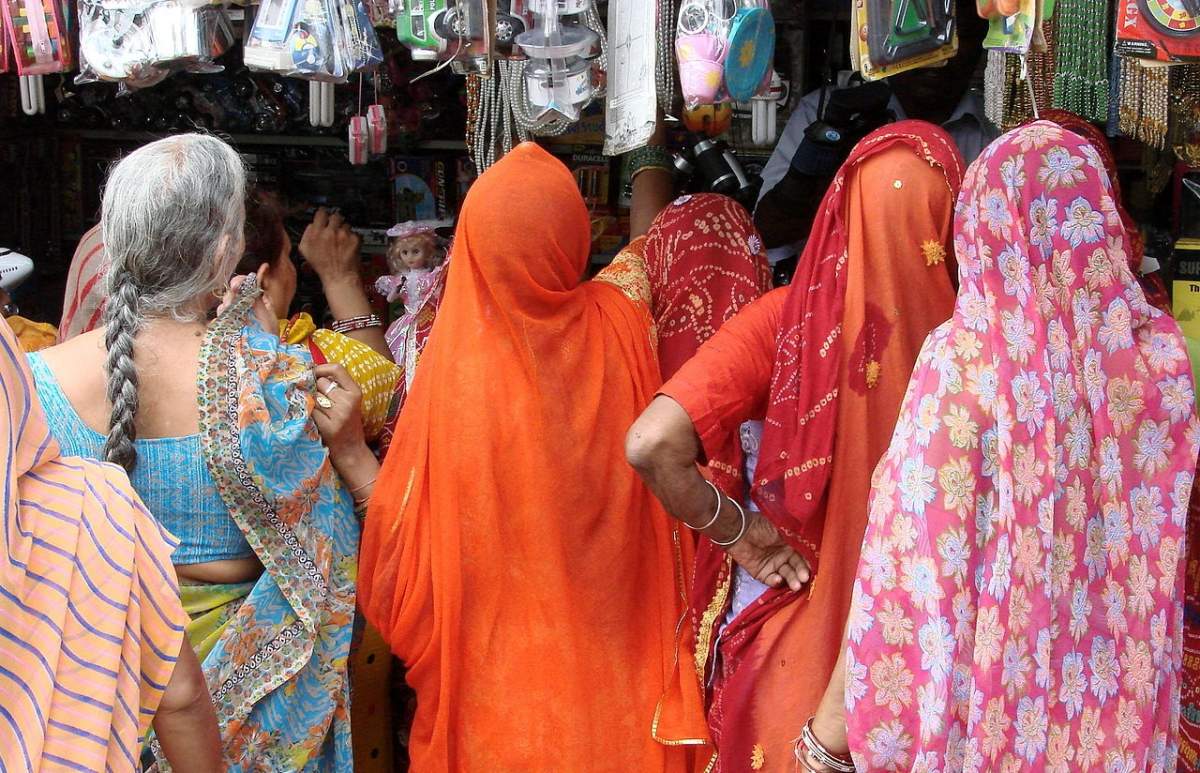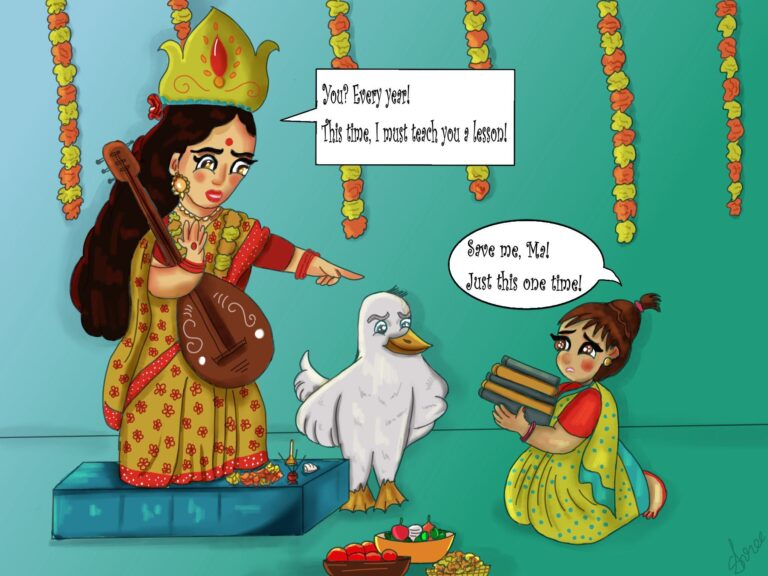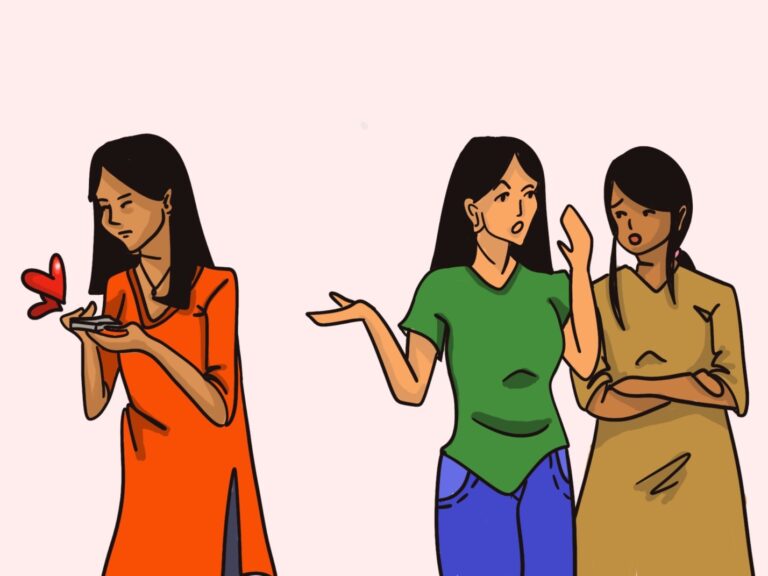Sexism and its subtlety

On 20th March 2020, four men accused of probably the most brutal gang rape in history were finally hanged to death. But no matter how much we celebrate the victory of the daughter of India and admire our judiciary for delivering justice, we cannot overlook the delay and injustice to thousands of other Nirbhayas.
For centuries female oppression has been a black spot in the face of humanity. Even in the 21st century, we haven’t been able to eradicate it. According to the World Health Organisation, over a third of women globally have suffered violence from a partner or sexual abuse from another man. The UN estimates that about 133 million girls and women have undergone female genital mutilation, and believes that nearly all of the 4.5 million people “forced into sexual exploitation” are girls and women.
But why is that even after centuries of struggle and so many scientific developments, as markers of modernity, female oppression still exists. To find the solution of the problem we should look for the cause. One cause is the “normalization of female oppression” in our day to day lives. Gender is a social construct. There is nothing biological about it, and yet the learned norms are so deeply embedded in us that people sometimes forget the difference between sex and gender. The seeds of sexism are sown through the process of socialization and are watered daily using different means like culture, religion, language, and economic system. Gradually sexism becomes so deeply rooted that we become indifferent to it and take it for granted just like another day to day customs.
Sexism in the name of culture
In sociology, culture refers to the set of norms and values to which people abide in their day to day living. It includes customs from as simple as shaking hands to complex concepts like sexual division of labor. From religion to economics, everything is cultural.
Often, culture is used to justify female oppression. The extent of oppression may vary from culture to culture, but whenever a woman is denied an opportunity just because of her sex, it classifies as oppression. Culture strengthens itself by constantly reminding us ‘this is the way it is’ and slowly devoids us from questioning it.
For instance, we just accept that women can’t say no to motherhood, women are not meant to lead the world, it is normal to grope women in crowded places, it is normal to objectify women all the time, it is normal to blame the victim for sexual harassment, it is normal to marry her against her will, it is normal for women to sacrifice their careers for families, it is normal to wish for sons over daughters.
At first glance, these normal things appear as a mere cultural division between men and women. But slowly this normal grows, and horrific crimes like sexual violence, rapes, acid attacks, female infanticide also become normal. Unfortunately, they have already become normal to some extent in our society. It is high time we realize that oppression of women is not cultural; it is criminal. It is time to challenge the “normal”.
Normalizing sexism through language
Language is an essential part of human behavior. It is more than just a medium of communication. It is a mirror of society. The way we speak defines our views, habits, traditions, and biases.
Gendered languages are a powerful tool used by patriarchy to sustain itself. Language starts breeding sexism from the moment an image of a soldier is imprinted in your mind when you learn S for the soldier and of a woman when you learn N for the nurse. Almost 75 percent of the world’s languages employ a sex-based system dividing gender into two distinct forms and ignoring other genders.
Defining occupations
From starting your first grade to post-graduation and even after that, how many times you have come across the terms like chairman, cameraman, fireman, businessman, sportsman, congressman. The merciless use of these terms suggests that these jobs are primarily held by men. This perpetuates the bias that these jobs are made for men and are not suitable for women.
Even the occupations that are not as explicit as above carry these kinds of biases. For example, if a man is a doctor, he would be called a doctor, but if a woman is a doctor, she would be called a Lady Doctor similar is the case with the term male nurse.
Representation of women
Words used to describe the same qualities in men and women are quite different. He is charismatic while she is bubbly; he is simple while she is an airhead; he is assertive while she is bossy or feisty.
Sexist language is all around us. Don’t be a pussy! Be a man! Grow some balls! Don’t cry like a girl! And of course all the mighty cuss words. These phrases help us be sexist without even realizing it.
Colloquial language is not the only one guilty of sexism; the formal language of textbooks and classic literature is also equally responsible. In books, the word ‘man’ is often used as a representative of humanity. For example, A great step for mankind, man’s best friend, all men are mortal, man-made, and many more. There is also a sheer difference found between the usage of pronouns ‘his’ and ‘him’ as compared to ‘her’.
In an analysis of fictional books written between the 1800s and 2010 by the University of Illinois and the University of California, it was found that the most commonly used words for females were shivered, wept, murmured, screamed, and married. The most frequently used words for males were shouted, grinned, and chuckled. Of course, times have changed from the 1800s, but language not so much.
One reason why we fail to notice this problem, I believe, is a lack of representation. Most of the editors at Oxford dictionary are men. Similar is the case with sites like Wikipedia and Reuters. Male journalists write almost 75 percent of the front page articles. Men also dominate the community of authors. They use this language of patriarchy without realizing the serious implications of it.
Gendered language not only does injustice to women but also to people who don’t fit in the binary system of gender. Gender linguists suggest that to make the language more inclusive, we should rebuild it, create more gender-neutral words, and change the way words are used before. For example, they are adopting the pronoun ‘they’ as a singular third-person gender-neutral pronoun.
Sexism and religion
God is great, but only if you are a male. Sexism and misogyny are clearly entwined into the principles of all mainstream religions. Many religious texts state that men have higher spiritual authority than women. These holy texts endorse the notion of mental, moral, spiritual, and physical inferiority of women.
In Christianity, women are denied the priesthood, in Islam women are killed in the name of so-called ”honor, in Hinduism, women are considered as goddesses only if they submit to men, not to mention the jewels of Manusmiriti, in Judaism women are advised to dress modestly. The list is never-ending.
Imagine the dilemma of young girls who are asked to worship a doctrine that teaches them that they are inferior, that they do not belong to the position of authority or leadership. It instills the fear that they have to face the fury of God if they deviate from the submissive roles prescribed to them.
It is time that we let go of the irrational dogmas and sentiments of the bygone era and embrace scientific temperament in every aspect of life.
We need to understand that one does not become a rapist overnight. It’s the working of an entire system which enables him to think that he could commit such an abominable crime and get away with it. We still need to work to free humanity from the crutches of sexism, to reach the utopia of gender equality, and it cannot be done without striking at the roots of the problem. To combat everyday sexism we need everyday feminism.
Featured Image Credits: Wikimedia









Readers' Reviews (2 replies)